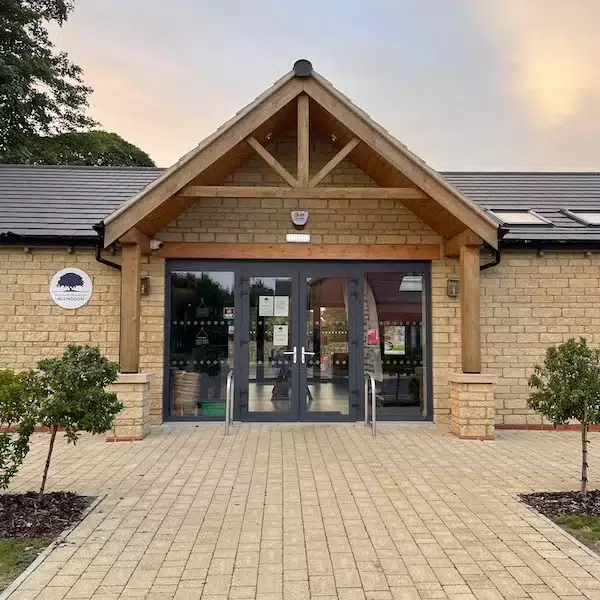Swindon Borough Council is marking Food Waste Action Week by issuing practical tips for households.
Across the UK, 7m tonnes of edible food is wasted in our homes each year – worth £17bn. That is an average of 70kg per person or 167kg for the average household, worth £600 a year.
Creating a weekly meal plan can help households to reduce food they don’t need, saving time, effort and money. Great advice on creating easy, flexible meal plans is available from the national Love Food Hate Waste website.
Supermarkets are starting to sell more loose fresh fruit and vegetables, making it easier to only buy what we need. Research has found that if all apples, bananas and potatoes were sold loose, we could save 60,000 tonnes of food waste, and reduce plastic packaging by 8,800 tonnes.
Cllr Chris Watts, Swindon Borough Council Cabinet Member for the Environment and Transport, said: “With food costs still high, it’s in all our interests to consider ways to save money by reducing the amount of food we throw away
"Food Waste Action Week is the perfect opportunity to highlight the practical ways that residents can reduce the cost of wasted food.
The national Love Food Hate Waste website is packed with tips and ideas. If we all stopped wasting food which could have been eaten, it would have the same CO2 impact as taking one in four cars off UK roads.
“Where waste does have to be thrown away, residents are able to use the weekly food waste collection service. Everyone’s efforts have helped recycle over 1,275 tonnes of food waste since late November.”
Fresh potatoes are the number one wasted item in UK homes, with 510,000 tonnes being wasted each year - that’s roughly 2.9m whole potatoes wasted every single day. Old guidance recommended that potatoes were stored in a cool, dark place, such as a cupboard.
However, following extensive, peer-reviewed research the Food Standards Agency updated the guidance in 2023 to say that potatoes should now be stored in the fridge.
Residents can also ‘hit pause’ and give themselves extra time to eat these lesser-known freezer-friendly foods: cooked rice, eggs, cheese (the easiest way to freeze is when grated), fruit and vegetables, herbs and baked goods.
Only half of the general public know that their fridge should be between 0 and 5 degrees Celsius, but the average fridge temperature is 7 degrees Celsius. By adjusting their fridge temperature, residents can help to keep their food fresh for three days longer than usual.
A tool on the Love Food Hate Waste website allows a search by fridge brand to get tailored instructions on how to set the temperature.
A quarter of the food typically wasted at home is due to cooking too much, so learning how to portion control is vital in reducing how much is wasted. The portion calculator on the Love Food Hate Waste website can help people find out how much they should be cooking – whether that’s for themselves, a group of friends, small children or a mixture.
Whether it’s a toastie, wrap, a curry or soup, having a few flexible meals in residents’ repertoire can be a great way of using up those odds and ends that might otherwise be at risk of being binned.
When food waste can’t be avoided, households can use the weekly food waste collection service now available to the majority of Swindon households. So far over 1,275 tonnes of food waste has been recycled since the new service launched in late November.










Your Comments
Be the first to comment on this article
Login or Register to post a comment on this article